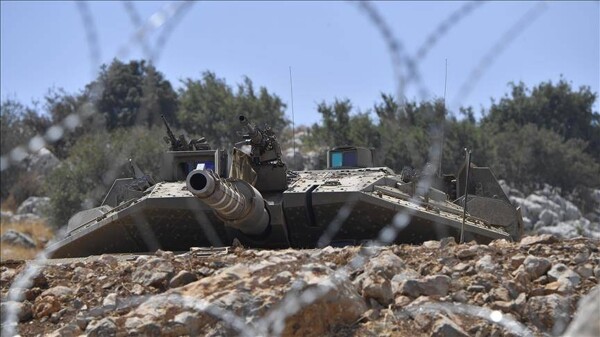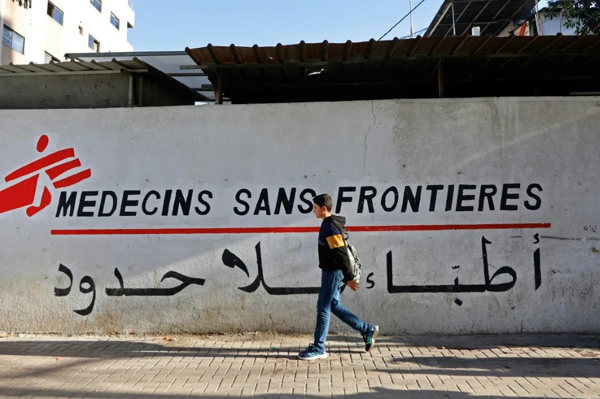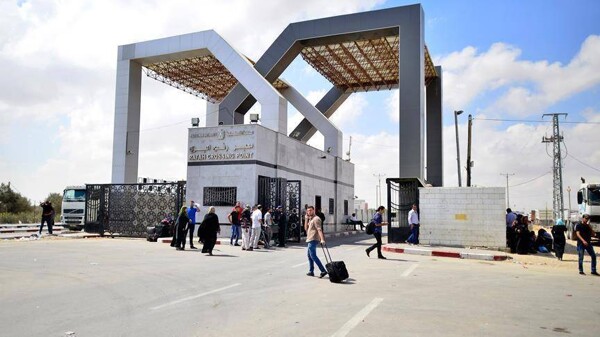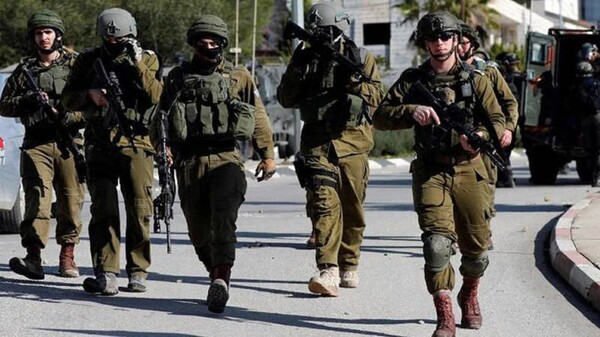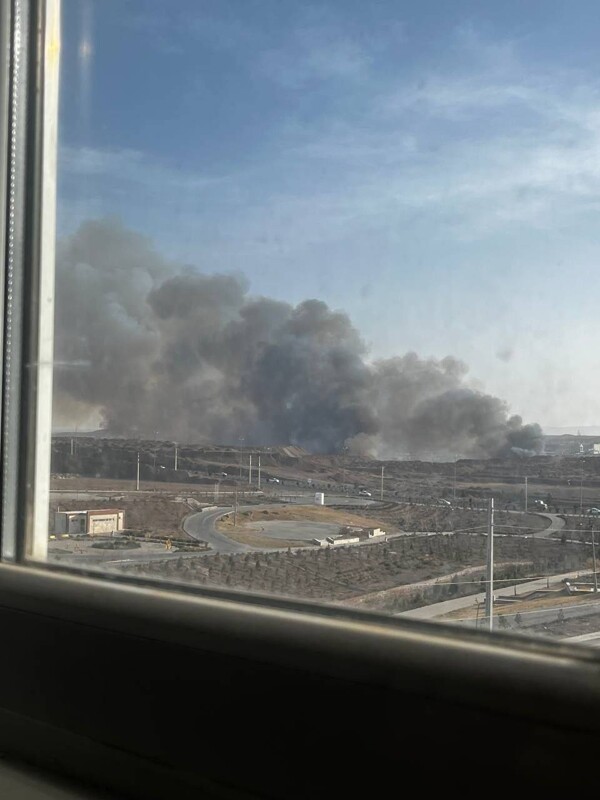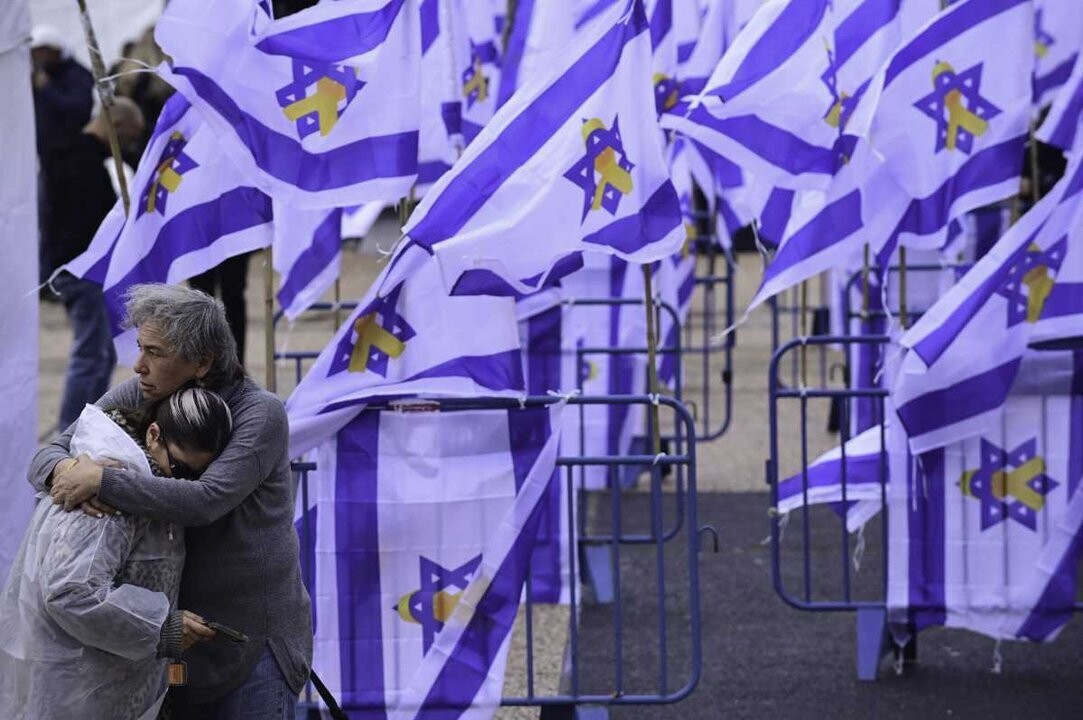
Israel's Foreign Minister, Gideon Sa'ar, informed at a press conference that numerous trucks with humanitarian aid had been sent to the Gaza Strip in the last six weeks. Sa'ar commented that, paradoxically, the only ones who seemed to be suffering were the Israeli hostages in the hands of Hamas.
Amid discussions about the future of Hamas, the possible advancement of the “Phase 2” plan has been discussed, which would involve the total withdrawal of Israeli military forces from Gaza and the release of the remaining hostages. However, these debates could delay the implementation of such a proposal.
In an unexpected turn, the White House envoy, Steve Witkoff, presented a proposal for a new truce that would cover Ramadan and Easter. According to this proposal, half of the 59 hostages would be released immediately, while the rest would be released later as part of a separate agreement.
Following the conclusion of a six-week truce between Israel and Hamas, Israel has halted the shipment of humanitarian aid and imports to Gaza. This measure has generated controversy, with Egypt being a key mediator that has strongly criticized the Israeli decision.
Egypt's Foreign Minister, Badr Abdelatty, explained at a press conference that humanitarian aid should not be used as a means of collective punishment or to provoke a state of famine in Gaza. On the other hand, Saudi Arabia condemned the Israeli action, labeling it as blackmail and collective punishment.
In response to these reactions, Hamas has denounced the suspension of aid as a "war crime." Meanwhile, Israeli Foreign Minister Gideon Sa'ar has highlighted the precarious conditions of the released hostages from Gaza, in contrast to the situation of the terrorists and the crowds in the region.











